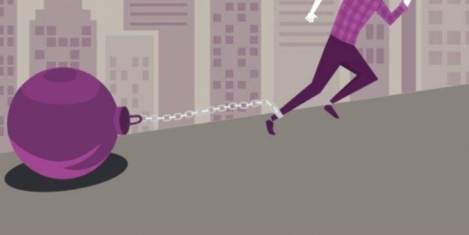November 7, 2017
New research identifies nine distinct segments of the self employed workforce
Far from being a homogeneous group, nine distinct segments of the solo self-employed workforce have been identified in new research published by the Centre for Research on Self-Employment, in partnership with IES. This segmentation furthers understanding of the solo self-employed population, including the levels of independence and security, and variation in earnings across this broad section of the UK workforce. The solo self-employed are those who do not employ other people and therefore work on their own account, and makes up 84 per cent of the self-employed workforce.













 One of the most significant consequences of the 2008 economic crash was a remarkable shift
One of the most significant consequences of the 2008 economic crash was a remarkable shift 
 Research released by
Research released by 
 Financial distress is more damaging to the wellbeing of the self-employed than those in employment, claims new research from
Financial distress is more damaging to the wellbeing of the self-employed than those in employment, claims new research from 













